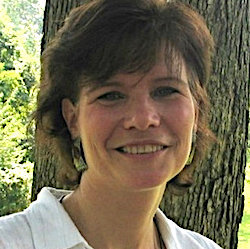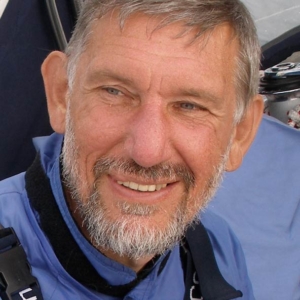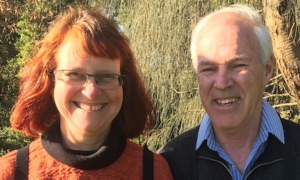JOEE 23(2)
JOEE July 2020 Issue
The July 2020 issue of JOEE features seven papers from researchers around the world looking at mindfulness, the legacy of maps, and Bronfenbrenner’s bio-ecological model to name just three. Additionally, we have a 23-author paper (primarily the JOEE editorial board) discussing the Covid-19 pandemic and the future of outdoor and environmental education.
Reminder: To read these full articles you need to log-in to the OEA Digital Library
Link in the menu on the right (or near bottom if viewing on mobile device.)
What future/s for outdoor and environmental education in a world that has contended with COVID-19?
John Quay (pic), Tonia Gray, Glyn Thomas, Sandy Allen-Craig, Morten Asfeldt, Soren Andkjaer, Simon Beames, Marg Cosgriff, Janet Dyment, Pete Higgins, Susanna Ho, Mark Leather, Denise Mitten, Marcus Morse, James Neill, Chris North, Rowena Passy, Kirsti Pedersen-Gurholt, Scott Polley, Alistair Stewart, Takako Takano, Sue Waite & Dorothy Foley
This is an unusual article in that it brings together the perspectives of many on this journal’s editorial board, around the issue of contending with COVID-19. Twenty statements showcase a range of thoughts and experiences, highlighting the differences and similarities in the way the pandemic is impacting on the educational practice of outdoor and environmental education. Contributors hail from Australia, New Zealand, United Kingdom, United States, Canada, Japan, Denmark, Norway and Singapore.
Mindfulness as a tool for place-based educators
S. Anthony Deringer (pic), Jan S. Hodges & Kent Griffin
Recent theoretical research suggests that socio-cognitive mindfulness and place-based education, when used together, may have a synergistic benefit. The purpose of the study was to examine how mindfulness influences the experience of educators engaged in place-based teaching. A qualitative, constructivist grounded theory approach was used to guide data collection and analysis related to teachers at a school that has placed-based education (PBE) as a central theme.
The legacy of maps: breaking the link between maps and navigation in order to experience place
Chris Loynes
Embedded in all outdoor activities, are a set of values that reflect the cultural conditions of the time in which the activity was first developed for educational purposes. Using Bernstein’s curriculum constructs, this paper examines what, in relation to navigation, these values are, from where they arose and whether and in what way these values are present today. The alternative of navigation without maps and compasses is then considered.
Communities caring for land and nature in Victoria
Bruce A. McGregor & Ann M. McGregor
Increasing evidence shows that humans need nature in order to live happy and healthy lives. Given the serious and escalating threats to nature, nature needs our help for its – and our – survival. This article explores this topic through personal examples, based on 40 years of activism, and the roles that community organisations have played in caring for land and nature in a local area in inner Melbourne, on a regional scale along a creek corridor and then on a State-wide scale. Contributions by countless volunteers and community groups caring for nature have been essential to enable people to use and enjoy the outdoors in natural Victoria.
“I Gotta Touch that?” Attitudes and Self-Efficacy of Pre-Service Teachers Regarding Scary or Disgusting Science
Nichole Nageotte, Gayle Buck (pic)

Bronfenbrenner’s bio-ecological model: a theoretical framework to explore the forest school approach?
Marie Claire Murphy, Mary Immaculate College, Limerick, Ireland

An investigation of moderators of change and the influence of the instructor on outdoor orientation program participants’ biophilic expressions
Nathan W. Meltzer, Andrew J. Bobilya (pic), Denise Mitten, W. Brad Faircloth & Resa M. Chandler

Eighty-five first-year college students participating in a 21-day outdoor orientation program were assessed at the program’s start and end. The moderators were 1) prior summer camp experience, 2) prior wilderness experience program (WEP) participation, and 3) preference for type of time in the outdoors (alone or with others).






